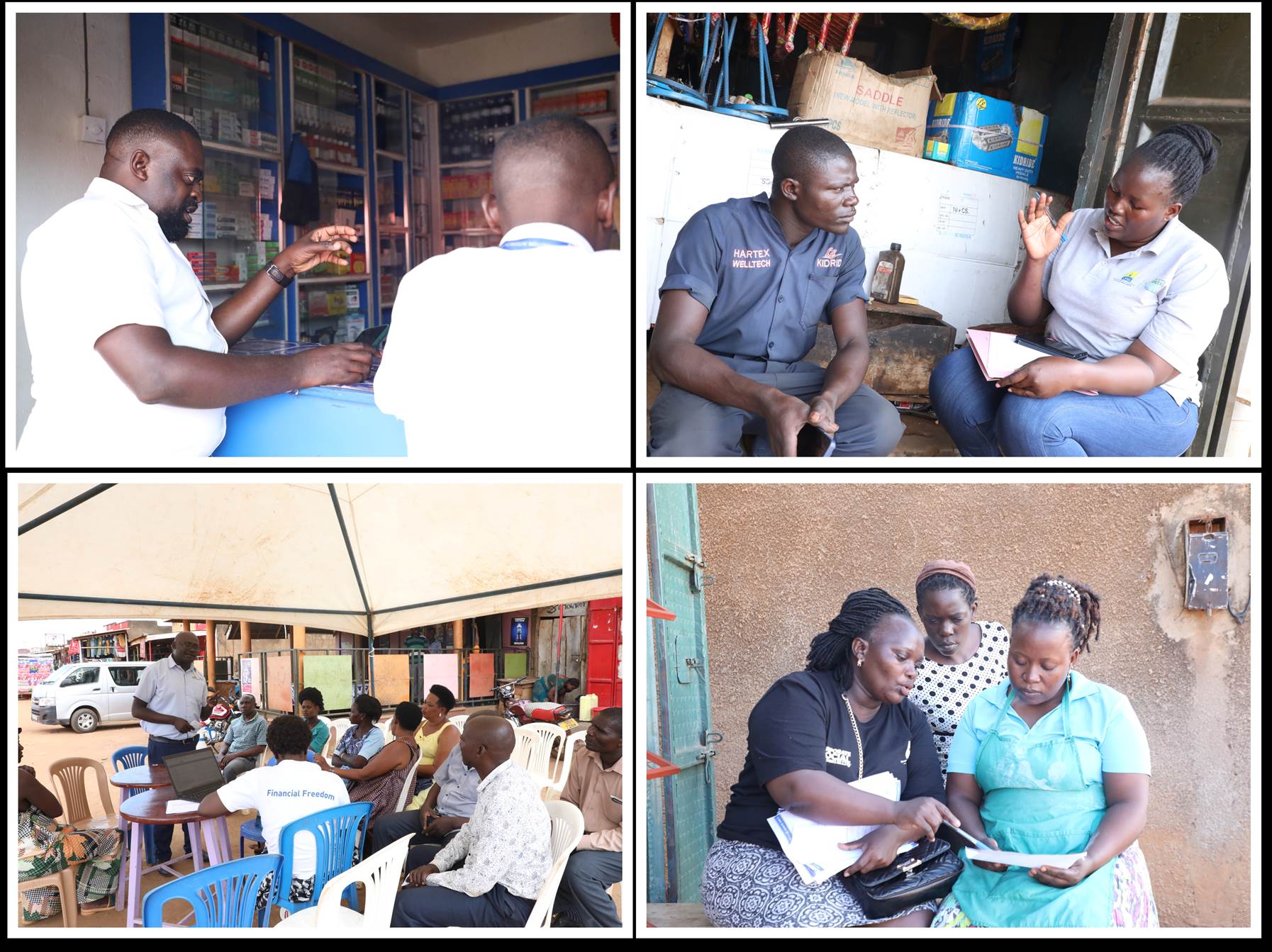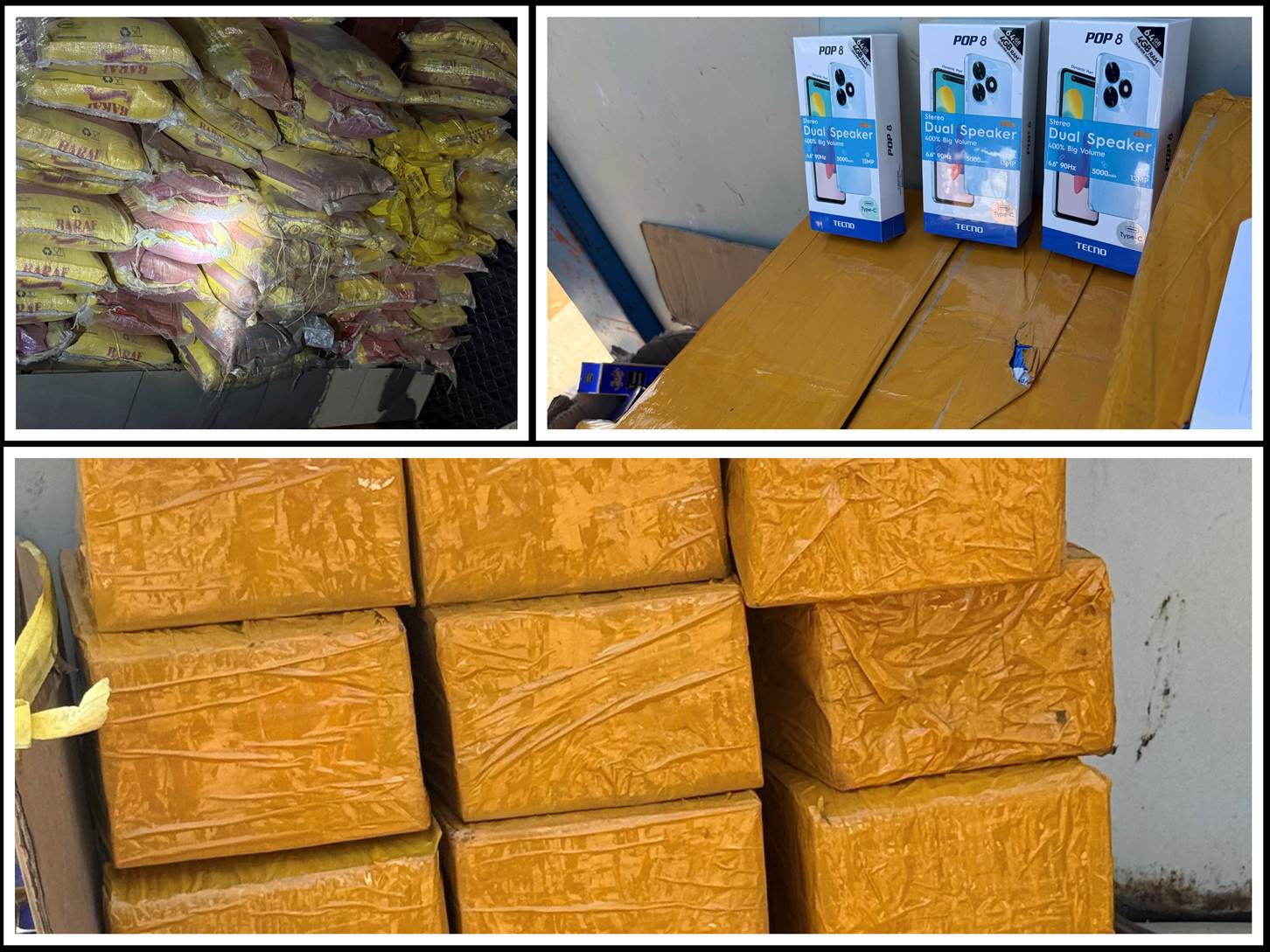By Immaculate Wanyenze
On 30th August 2019, the URA Board of Directors approved the Lifestyle Audit Policy to combat corruption and illegal acquisition of property. Lifestyle Audit is the process of analyzing a person’s living standards to establish if it is consistent with his or her known source(s) of income. Lifestyle audits – also known as lifestyle checks are an accountability tool that can be used to detect and prevent corruption.
These Lifestyle audits according to James Kamara, the Manager Staff Compliance break the shrewd secrecy and encourage people to work and acquire property through the right channels. If these lifestyle audits are well executed, URA will be able to recover unpaid taxes arising from the acquisition and possession of the illegally acquired assets.

What would then trigger a life style audit?
The lifestyle audit triggers constitute a combination of so many things for example;
A staff suspected or reported to be living in a life inconsistent with his/her known sources of income.
When information/intelligence has been received that a member of staff or their beneficiaries have acquired or are in possession of tainted property.
A recommendation from an investigation report where a staff was allegedly involved in tax evasion/fraud, corruption, facilitating trade in prohibited or restricted goods with a likelihood of possession of tainted property.
Information received from informers, general public, media, law enforcement agencies, among other sources indicating that a staff may have a standard of living that is not consistent with his/her known sources of income.
Recommendations made from Compliance Reviews and Internal Audit Department of URA, highlighting areas prone to corruption for instance Compliance Management, and Refunds in Domestic Taxes Department, Valuation and Tariff, Document Processing Centre, Enforcement and Warehousing in Customs Department.
The Commissioner General may also request other Government Institutions with Investigative powers like the Office of Inspectorate of Government(OIG), Financial Intelligence Authority to assist or facilitate investigations of lifestyle audits.
How are the audits conducted?
The audits are typically conducted when the visible lifestyle or standard of living of a staff appears to exceed their known income level. The detection of such discrepancies can raise red flags warranting closer inspection. In such instances, an assessment of the staff ’s income, assets and investments can be undertaken to determine if such seemingly extravagant expenditures could have come from illicit gains.

If the audit shows a mismatch between a staff ‘s known income and assets compared to their lifestyle and spending patterns, there is a risk that the person is deriving alternative income from sources that constitute conflict of interest or illegal activity; including embezzlement and bribery. As verification often includes assessments of a staff ’s household, the approach is particularly helpful in detecting whether corrupt proceeds could have been concealed under the names of family members or associates.
The audit encourages people to work and acquire property through the right channels. No wonder, every staff member at URA has to make mandatory declarations of their assets and liabilities.
The offences that are likely to come through as a result of Lifestyle audits amongst others, they including the criminalization of illicit enrichment, false declaration and failure to declare assets.
While lifestyle audits are a useful tool in the fight against corruption, URA also has a robust disciplinary mechanism. Every URA staff is aware of the organization code of conduct. This involves giving penalties which range from verbal warnings to warning letters, suspension and dismissal.










